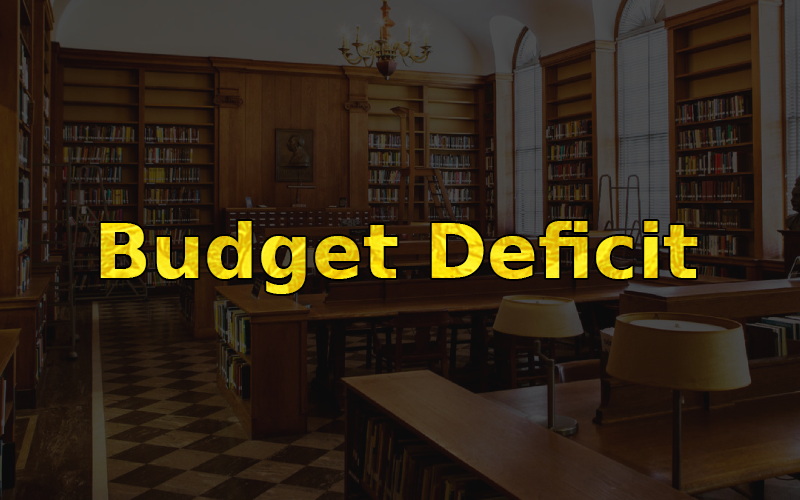Budget Deficit
Candlefocus Editor
Budget deficit is an important economic concept that affects how governments manage their finances and how citizens live and spend. This term describes the difference between the expenditure and revenue of an organization, usually a government. To put it simply, a budget deficit day occurs when an organization’s expenses are more than its income. This sometimes happens even in economies with a healthy amount of economic activity and with governments that practice sound fiscal responsibility.
Budget deficits can happen due to a variety of factors. One possible cause is increased public spending by governments. To finance such spending, governments typically rely heavily on taxes and other methods of levying on citizens. When income from this tax revenue is not sufficient to pay for all of the expenses, a budget deficit results. Unanticipated events, such as natural disasters or wars, may also cause a government to have excessive expenses compared to its income.
When a budget deficit occurs, a government must take steps to counter the deficit. This often includes raising taxes and reducing or eliminating certain government services. Alternatively, the government may borrow money to stay afloat; however, it is important to note that this borrowing increases the national debt. Unfortunately, budget deficits and the resulting austerity measures can sometimes have a negative impact on citizens and the economy.
At any rate, it is important for governments and citizens to be aware of the implications of budget deficits. Savvy fiscal management can help minimize the occurrence of deficits and help keep them manageable. Governments should take steps to reduce expenses and increase income when a budget deficit occurs. Spending cuts, taxes, and borrowing are all possible approaches for those looking to counter a deficit.
